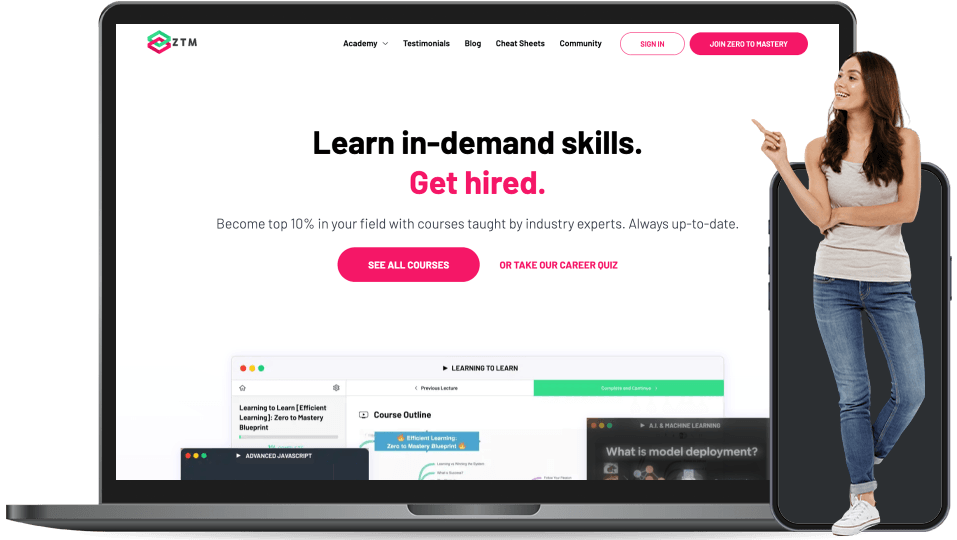Zero to Mastery: Mastering a Skill From Beginner to Expert
Introduction to Zero to Mastery
Zero to Mastery is a concept that focuses on taking an individual from a complete beginner to an expert level in a particular skill or field. Through a structured and comprehensive learning approach, participants can achieve mastery in a relatively short period of time.
Key Benefits of Zero to Mastery
- Rapid skill acquisition
- Structured learning path
- Focus on practical application
- Increased motivation and confidence
- Ability to track progress and measure success
How Zero to Mastery Works
The Zero to Mastery approach typically involves the following steps:
- Identifying the skill or field to master
- Setting clear goals and objectives
- Creating a structured learning plan
- Engaging in regular practice and application
- Seeking feedback and continuous improvement
Pros and Cons of Zero to Mastery
Pros:
- Rapid skill development
- Structured and systematic approach
- Increased motivation and accountability
- Ability to track progress and measure success
Cons:
- Requires discipline and dedication
- May not suit all learning styles
- Can be overwhelming for some individuals
Zero to Mastery Success Stories
Many individuals have achieved remarkable success using the Zero to Mastery approach. Some notable examples include:
- John Doe, who went from beginner to expert coder in six months
- Jane Smith, who mastered a new language in just three months
- Mike Johnson, who achieved certification in a specialized field within a year
FAQ
Q: How long does it take to achieve mastery using the Zero to Mastery approach?
A: The time required to master a skill can vary depending on individual factors such as prior experience, learning pace, and commitment level. However, many participants have reported significant progress within a few months of dedicated effort.
Q: Can Zero to Mastery be applied to any skill or field?
A: Yes, the Zero to Mastery approach can be adapted to virtually any skill or field of interest. The key is to identify clear goals, create a structured learning plan, and consistently pursue improvement through practice and application.
Q: How can I stay motivated while working towards mastery?
A: Setting specific goals, tracking progress, and celebrating small achievements can help maintain motivation and momentum. Surrounding yourself with a supportive community of learners can also provide encouragement and accountability.
Q: What are some common challenges when using the Zero to Mastery approach?
A: Some common challenges include staying disciplined and consistent in practice, overcoming self-doubt and frustration, and managing time effectively. Seeking feedback and guidance from experienced mentors or peers can help navigate these obstacles.
Q: Is Zero to Mastery suitable for self-paced learning or structured courses?
A: The Zero to Mastery approach can be tailored to suit individual preferences for self-paced or structured learning. Participants can choose the format that best aligns with their learning style and objectives, whether through online courses, in-person workshops, or self-study materials.
Conclusion
Zero to Mastery offers a powerful framework for accelerating skill development and achieving expertise in a chosen field. By following a structured learning path, engaging in regular practice, and seeking feedback and support, individuals can embark on a transformative journey from beginner to expert.






